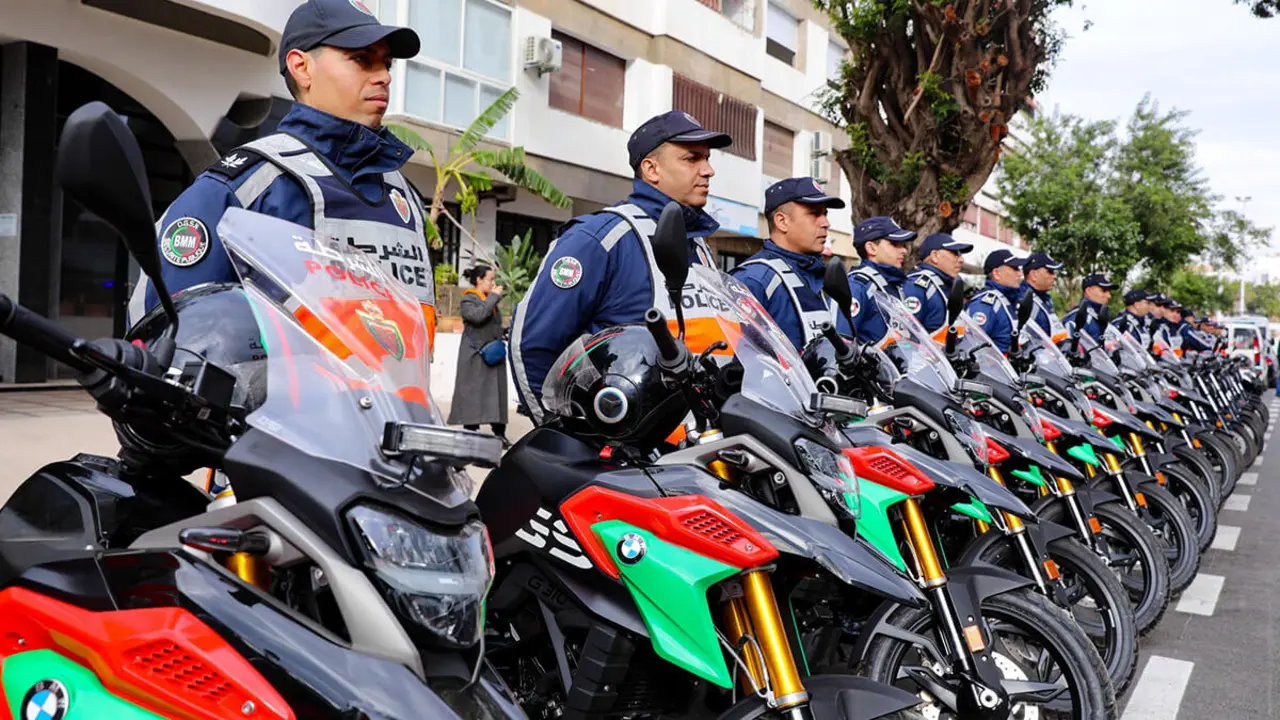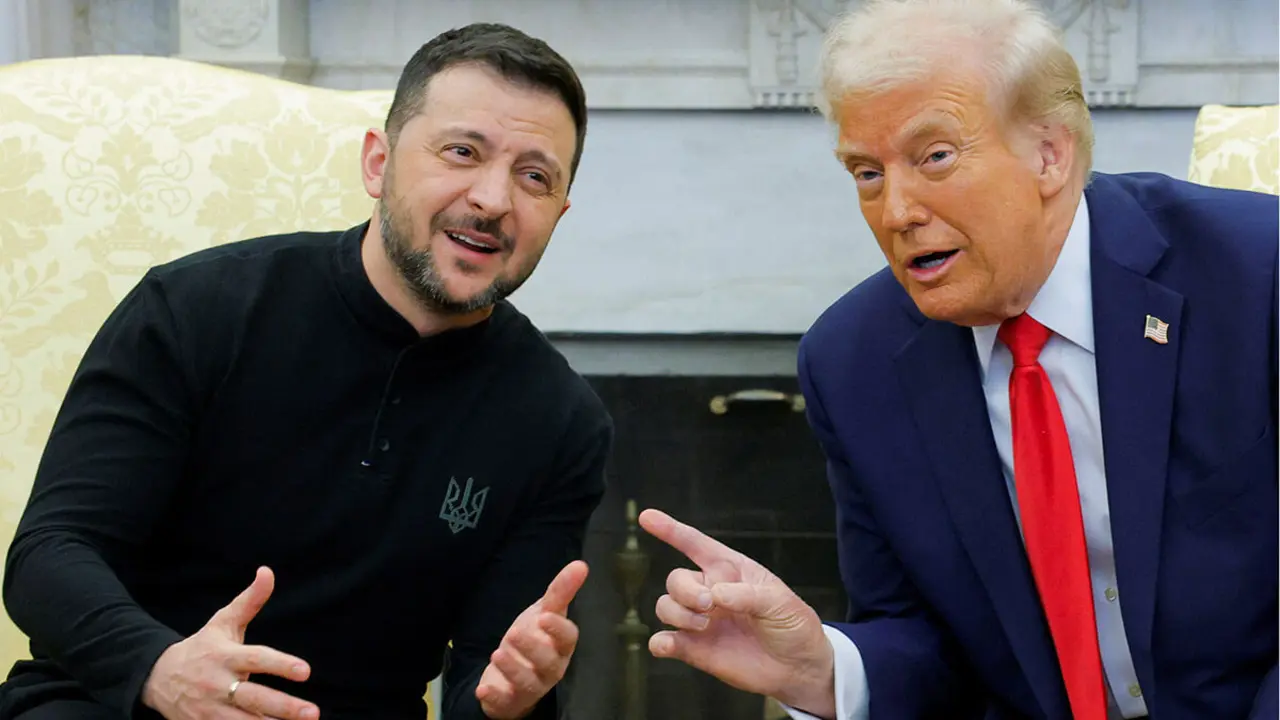Argelia se inmiscuye en el debate interno saharaui

The media, close to the centres of power in Algeria, have reacted virulently to the planned meeting for Sahrawi dialogue called by the Sahrawi Movement for Peace in Las Palmas de Gran Canaria, which will be attended by statesmen, academics and an important representation of Sahrawi society, including a large group of notable descendants of the Sahrawi Assembly.
It should come as no surprise to the Algerian authorities that, after fifty years of mistakes and abuses as a single party, criticism and opposition currents are rising up against the Polisario's perennial leadership, calling for internal changes and the rectification of erroneous strategies that can only lead to collective suicide.
Algeria, which has been the scene of exemplary changes in favour of democracy and multipartyism, cannot and should not ignore the management shortcomings and unjustifiable abuses committed by the Polisario leadership. Rather than echoing the arguments and versions of that leadership, which is locked in infighting over power and privileges, the Algerian authorities should pay more attention to the lamentations of that tiny part of the Sahrawi refugee population in Tindouf that daily expresses its discontent and weariness at the harshness of life, the inequalities and the uncertain fate to which the old Polisario leadership is leading it.
Attributing to the conspiracies of intelligence services of other countries an attempt to open a free and open Sahrawi dialogue in a neutral space where those who claim to represent the entire Sahrawi people can go is an unfortunate interference that calls into question the autonomy and political maturity of its protégés, as well as damaging the impartiality, prestige and moral authority of 21st century democratic Algeria in the eyes of the rest of the Sahrawi people.








